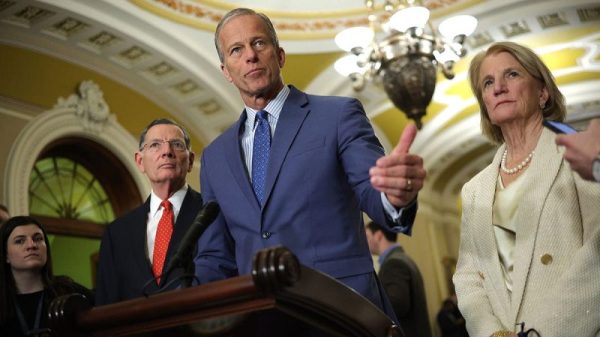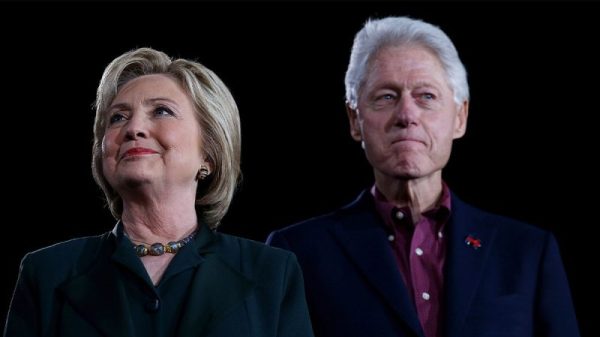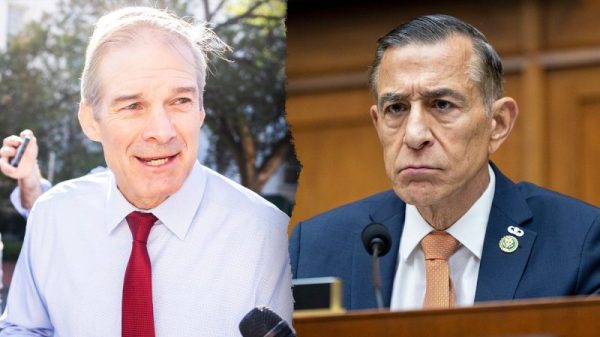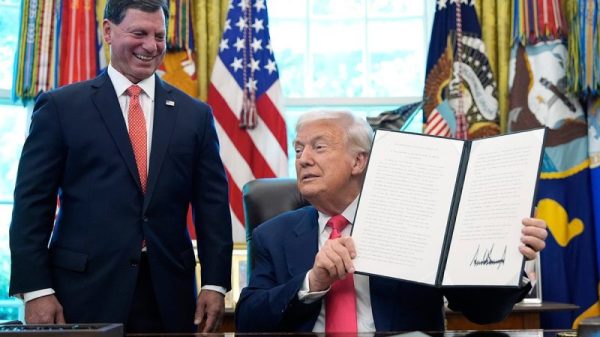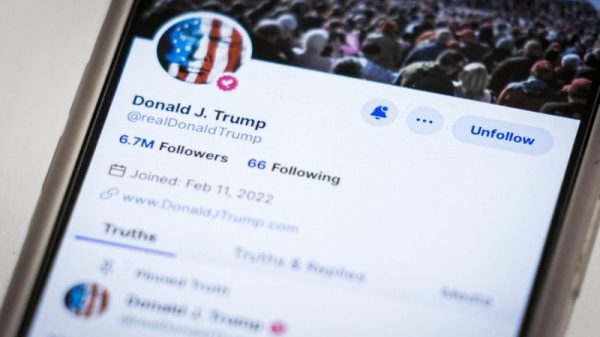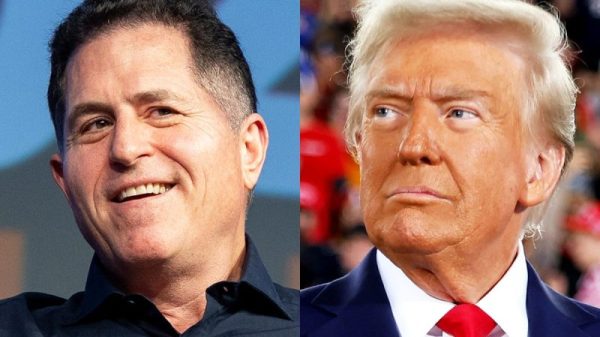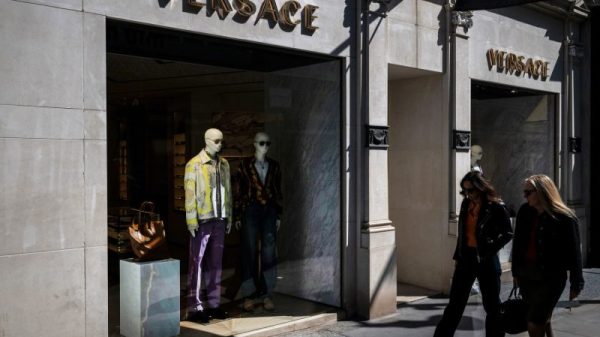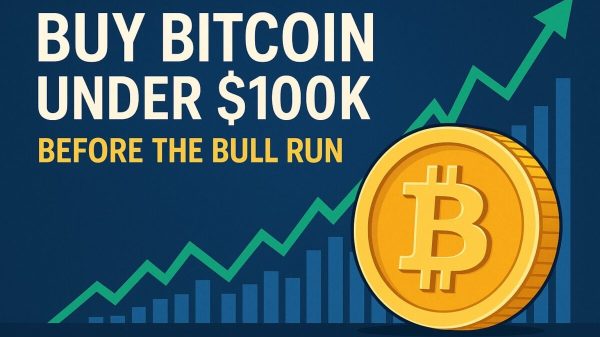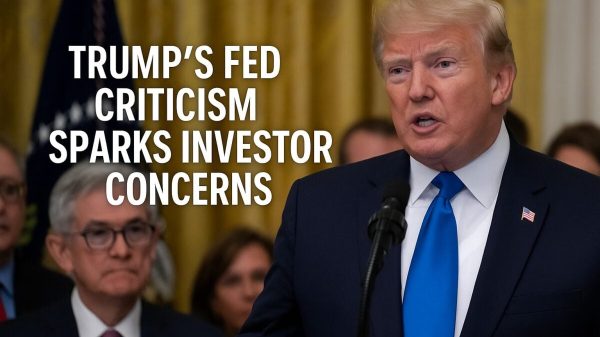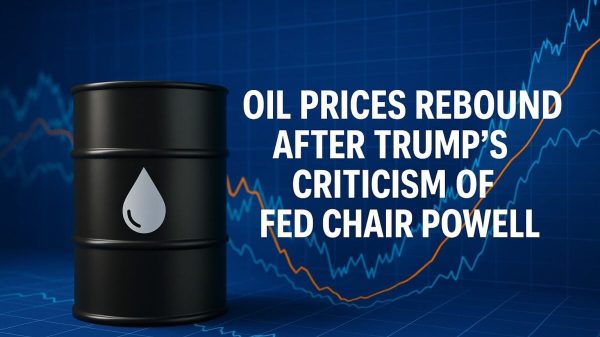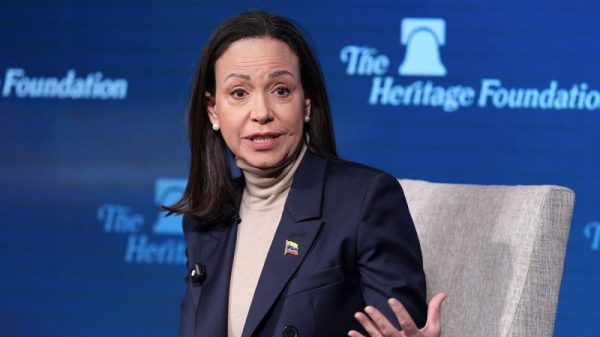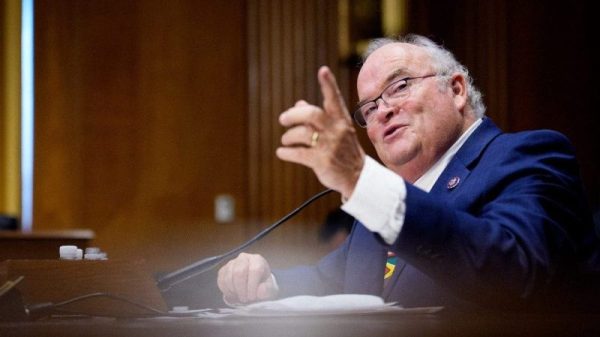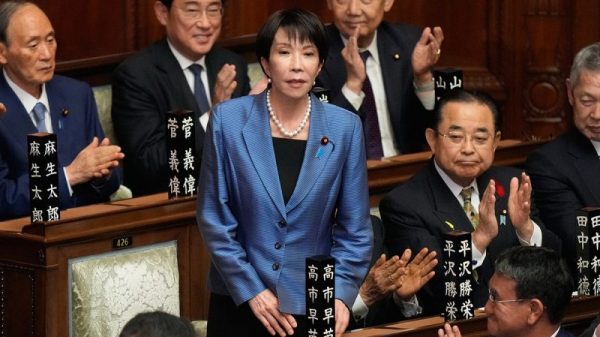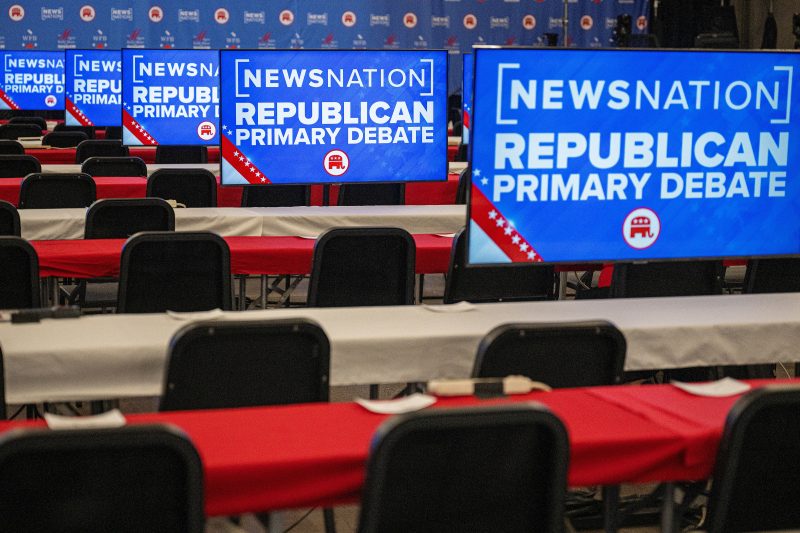The headline at the Tuscaloosa (Ala.) News was effusive.
“All eyes on Tuscaloosa for GOP presidential candidate debate,” it read, excited exclamation point implied though not manifested.
One can appreciate what they were going for and, certainly, the enthusiasm of playing host to what has traditionally been a central part of the process for determining the next president. But the sad reality of this particular debate and this particular debate season is that relatively few eyes will be paying attention to Tuscaloosa on Wednesday night because, once again, the guy who has a massive lead in Republican presidential primary polling will not be participating.
Wednesday’s is the fourth debate of the 2024 primary cycle, but you’d be forgiven for not knowing that. I’ve written before about the lack of interest in the debates, a disinterest validated by the lack of impact the debates have had on the primary contest. That itself isn’t unusual, really; debates often only goose candidates a bit, if at all. It’s just that, this year, former president Donald Trump is so far ahead that having a significant effect on the race is a much more challenging task than it would normally be. And since Trump isn’t participating in the debates, that challenge becomes harder still.
One metric I’ve used as I’ve evaluated these contests (such as they are) is considering that those who appear onstage have the cumulative support of well under half of likely primary voters. That struck me as odd; usually, I assumed, the debate stage included candidates representing most, if not nearly all, of the support shown in national polling. But that was just an assumption I had, not something I’d measured.
2024 presidential election
End of carousel
So I measured it. And, as it turns out, I was right. In 164 debates that have been held since 1980 for which 538 has (in some cases retroactively) calculated national polling averages, the participants in debates have averaged a cumulative 72 percent of national polling support. The average is higher for Democratic debate participants (75 percent vs. 69 percent) but it’s still the case that debates have generally included candidates supported by at least three-quarters of those with a preferred candidate.
There have certainly been times at which the front-runner in a race has skipped a debate. Using a catalogue of debates collated by Sabato’s Crystal Ball and matching it to 538’s data, we see that the first debate chronologically — a Jan. 5, 1980, matchup for the Republican primary — involved candidates who had the collective support of only about a third of primary voters. Front-runner Ronald Reagan wasn’t there.
Such debates are uncommon. Most of the debates below have gray bars — the unrepresented part of support in the polls — that come up well short of the 50 percent mark. Until you get to 2024.
(The debate in which the most national polling support was represented? It’s a bit of a cheat, since it involved two debates, but the twin Nov. 10, 2015, debates for the Republican primary involved candidates who collectively had 93 percent of support in national polling.)
We can demonstrate how unusual 2024 has been by looking at the average percentage of national polling support missing from the stage. In the 2020 Democratic primary debates, for example, debate participants (including aggregated numbers from that party’s split-debate format) had the support, on average, of about 84 percent of primary voters. Only about 16 percent, on average, was unaccounted for, with a high of 26 percent on Jan. 14, 2020, (as the debate stage winnowed but the field hadn’t) and a low in late February of 9 percent.
In 2024, the range of support shown in the debates has ranged from 42 to 31 percent — in that order, from the first to most recent debate. The percent of national support missing from the stage, then, has ranged from 58 to 69 percent. Almost all of that, of course, is support for Trump.
There’s an obvious question that arises: If you are a Republican primary voter who’s planning to vote for Trump, how likely are you to watch a debate in which he doesn’t appear? If you are someone casually interested in the Republican primary race, why would you turn your eyes to Tuscaloosa?
There is an equally obvious answer: You probably won’t.

